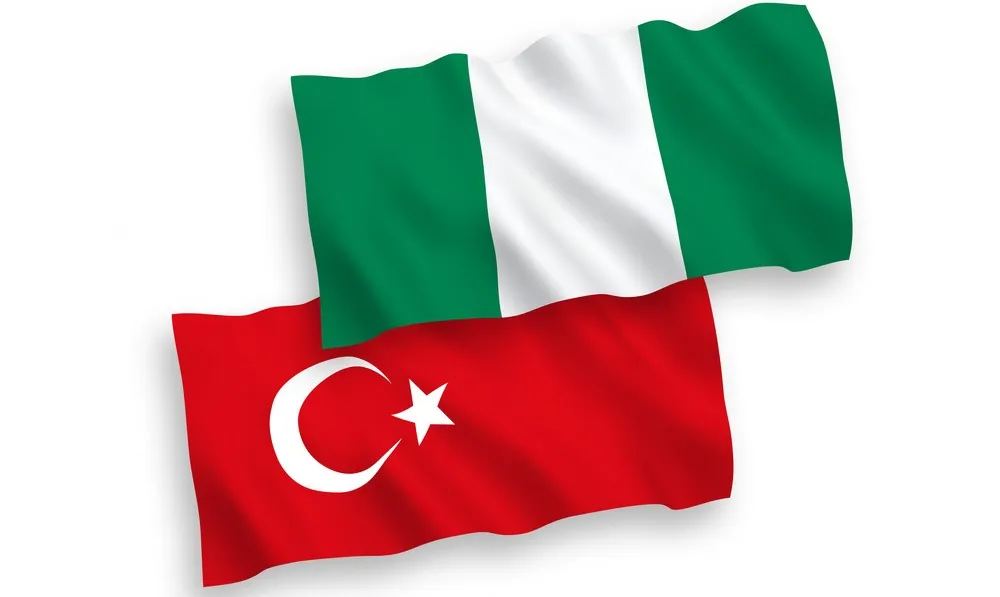The Turkish government has raised fresh concerns over the continued presence and activities of a terrorist organisation, known as the Fethullah Terrorist Organisation (FETO), in Nigeria and across several other countries.
Speaking on Tuesday evening at a dinner event in Abuja to mark Türkiye’s annual Democracy and National Unity Day, the Turkish Ambassador-designate to Nigeria, Mehmet Poroy, warned that the group’s global network remains a serious national threat to any country in which it operates.
The dinner, hosted by the Turkish Embassy, commemorated the anniversary of the failed 15 July 2016 coup attempt in Türkiye, which the Turkish government blames on the FETO network.
The News Agency of Nigeria (NAN) reports that the event is held annually in memory of the 251 people who died resisting the coup and in celebration of the Turkish people’s defence of democracy.
According to Ambassador Poroy, members of the Gülen movement labelled by Türkiye as FETO are still being tracked, arrested, and prosecuted around the world. He said the group disguises its operations under sectors such as education, healthcare, and humanitarian aid, warning that its presence in Nigeria should be treated with serious concern.
“They are still being captured and arrested today. The presence of such an organisation poses a threat to every country in which it operates,” Poroy said.
“Unfortunately, the FETO terrorist organisation still maintains its activities in Nigeria, particularly in the fields of education and healthcare. We consistently inform our Nigerian friends about the nature and dangers of this organisation, and urge them to remain vigilant and cautious.”
The Turkish envoy added that his country, through international collaboration, has succeeded in dismantling numerous FETO cells and has taken over various institutions affiliated with the group abroad, including schools and charitable foundations. Despite this, he admitted that the organisation’s global infrastructure has not been fully dismantled.
“The fact that new investigations and arrests into the organisation continue to be launched demonstrates the need for this struggle to be pursued with unwavering determination.
“In several countries, including Nigeria, FETO continues to pump its operations under the guise of humanitarian aid, education, healthcare, and interfaith dialogue,” Poroy continued. “You must not forget that behind this humanitarian appearance lies an organisation that seeks to infiltrate the political and bureaucratic institutions of host countries.”
Founded in the late 1950s by Turkish Islamic scholar Fethullah Gülen, the Gülen movement also known in Turkish as Hizmet (Service) has been the subject of intense scrutiny and crackdowns by the Turkish government. Gülen, who died in October 2024 at age 83 while living in exile in Pennsylvania, United States, has been accused by Ankara of orchestrating the 2016 coup, a claim he and his supporters strongly deny.
Nonetheless, Türkiye has officially designated the movement as a terrorist organisation and has waged a years-long global campaign to dismantle its influence. The government has seized billions of dollars’ worth of FETO-linked assets and taken over numerous institutions across various continents.
Several international bodies and countries—including the Organisation of Islamic Cooperation (OIC), the Gulf Cooperation Council (GCC), Pakistan, and Northern Cyprus—have designated FETO as a terrorist organisation in alignment with Türkiye’s position.
Ambassador Poroy’s comments in Abuja come amid ongoing concerns about international extremist networks using non-governmental fronts to gain influence. His warning may renew scrutiny of foreign-linked institutions operating in Nigeria’s educational and healthcare sectors.
While Nigerian authorities have not made any official statement in response to the warning, the Turkish government has reaffirmed its commitment to cooperation with Nigeria in tackling potential threats posed by FETO and other international extremist organisations.



